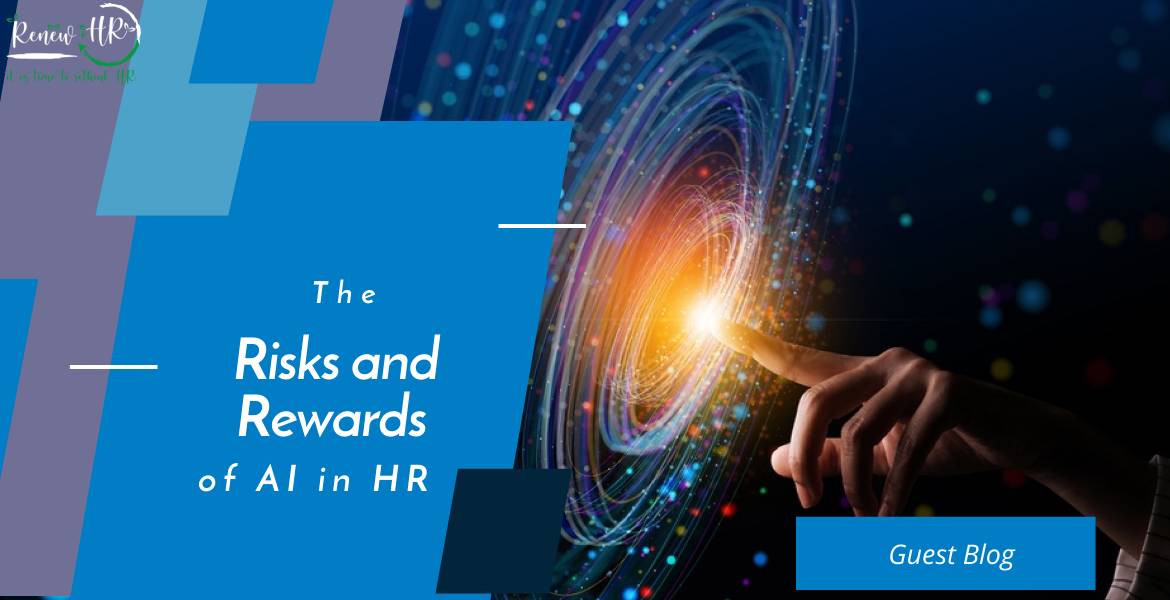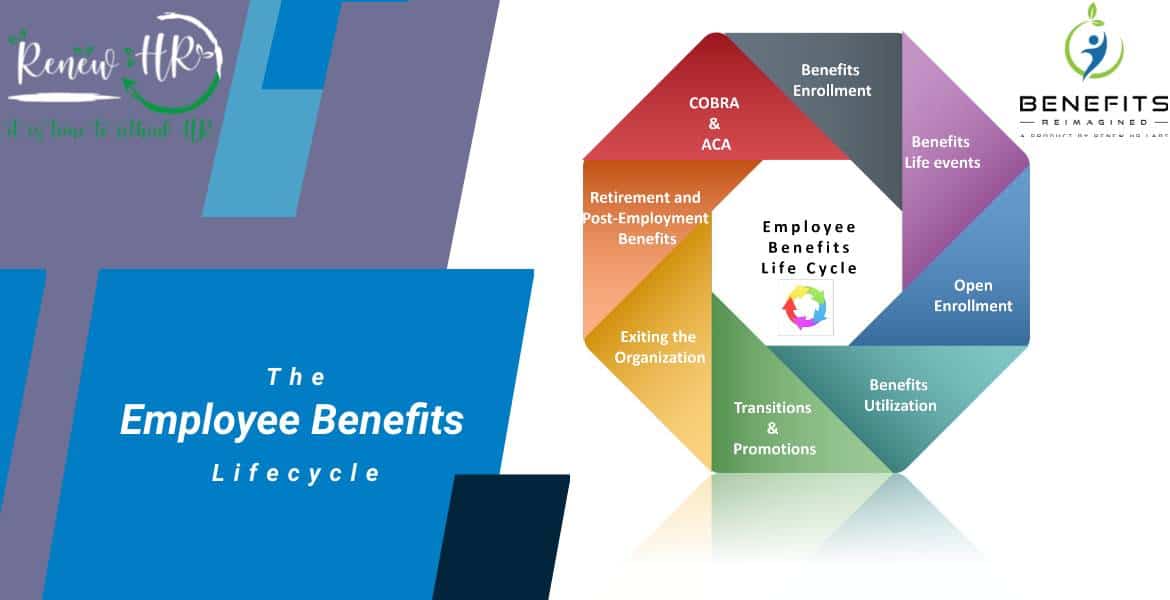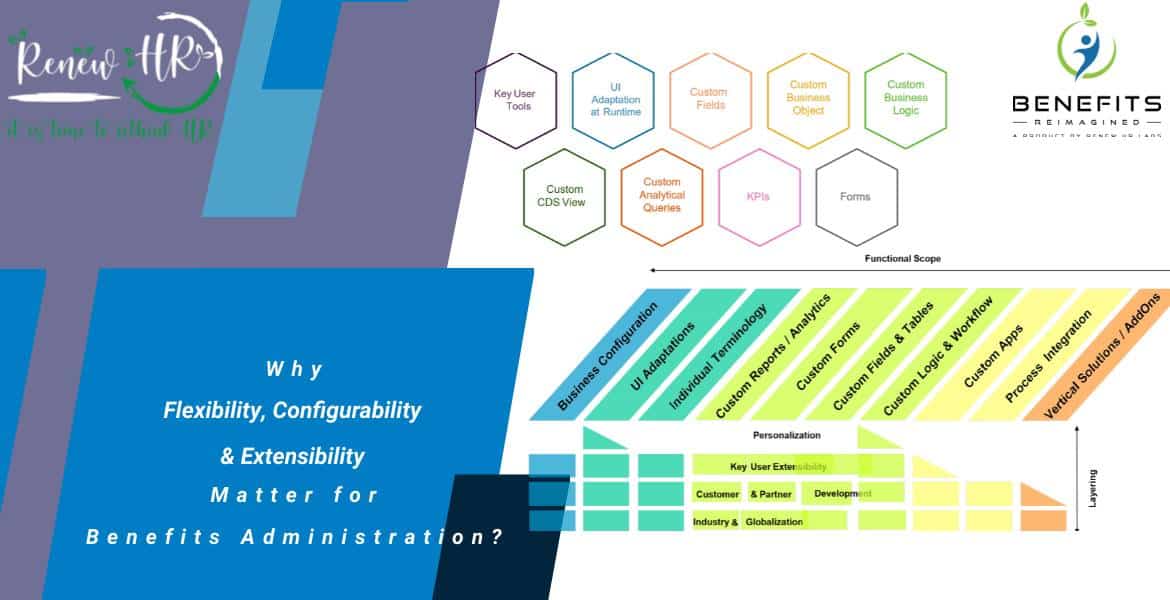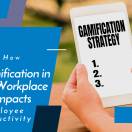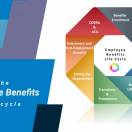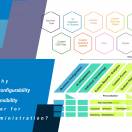AI, today, occupies the realms of practically every business industry. It is no longer the fascinating “something” people enjoy in science fiction. This is true even for human resources management. The application of AI in HR has unlocked more free time, thereby allowing HR teams to shift their focus to more strategic tasks within their company. AI technology, however, comes with its devils and darlings – one of its biggest flipsides being a lack of human touch.
But how exactly is Artificial Intelligence reshaping the Human Resources industry? What pros and cons does it bring to the table? Read on to understand.
Contents
How Can AI Technology Help HR Teams?
From saving countless hours of repetitive work to paving the way for accurate hiring processes – AI technology can bring several benefits to HR teams. Here’s a quick look at how AI can have a lasting impact on human resource management:
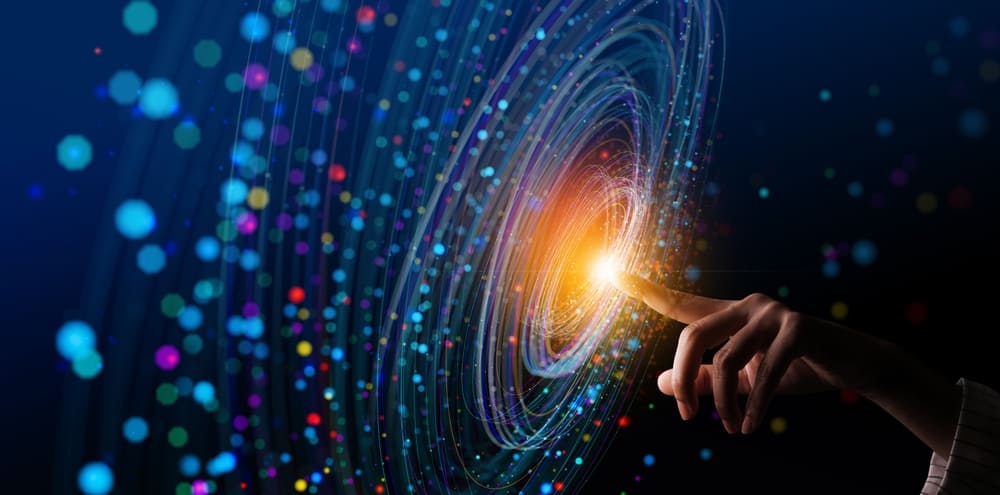
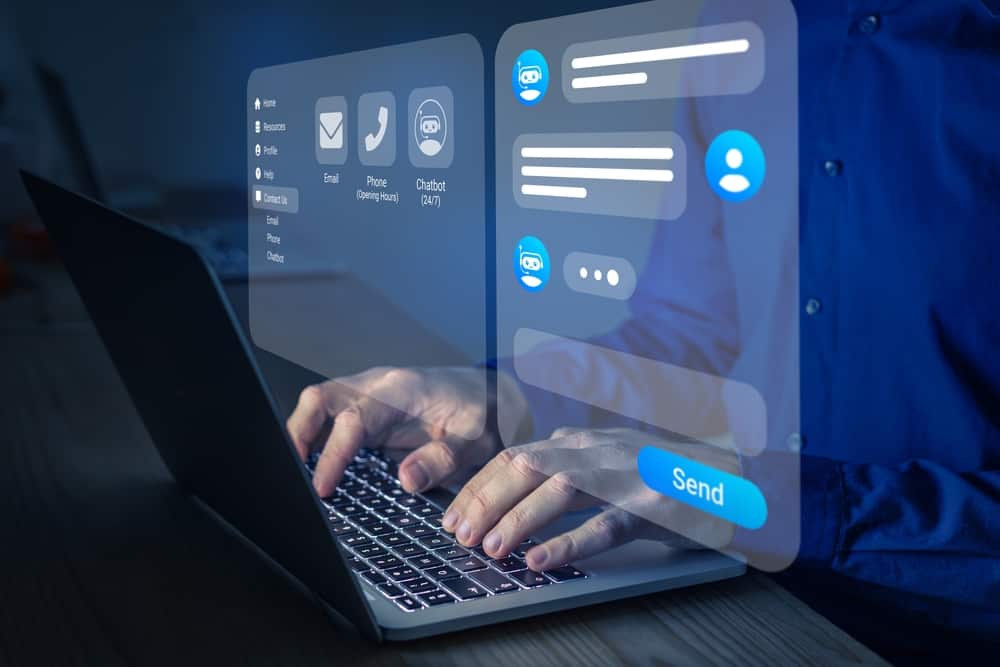
Spotting the Right Talent and Recruiting them to your Organization
While recruiting talented candidates is critical to help your company march toward success, the process itself can be painstakingly complex. Screening the applicants, keeping the databases updated, scheduling the interviews, and taking care of any queries by the candidates, among many other tasks demand time and effort.
AI in human resources takes care of these repetitive and time-consuming processes. This helps the HR team shift their focus to more important tasks. For example, in the healthcare industry, they can focus on credential monitoring of applicants or in the financial sector they can focus on sanction screening. Artificial intelligence can quickly weed out candidates that don’t fit the company’s standards and spot the ones that closely match the job description.
Seamless Onboarding
Aside from helping HR teams recruit suitable candidates, AI also familiarizes new recruits with valuable information like business regulations, details of team members, the assignments they will be taking on, and more. Through AI, a company can offer a highly organized, comprehensive, and informative process for onboarding candidates.
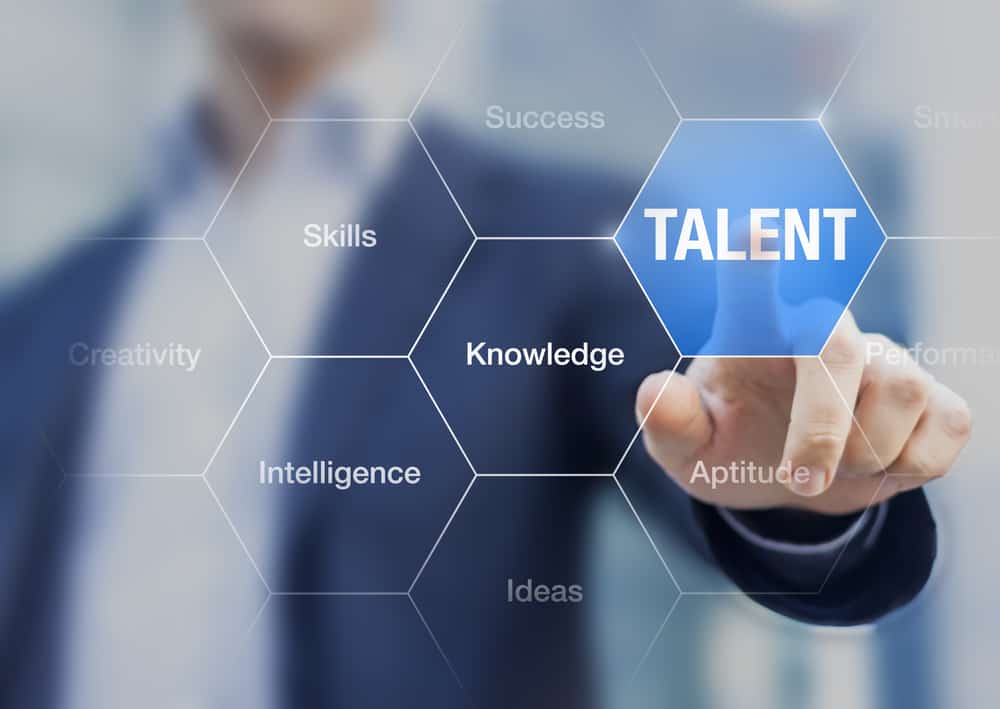
Throughout this procedure, there are several questions that candidates might want to be answered. AI technology can help answer these questions quickly and efficiently so the HR team doesn’t spend a lot of time answering them manually. AI also helps manage valuable contact details of an organization and performs a variety of important activities like verifying legal documents, among many others.

Ongoing Training
AI in human resources is also capable of offering the right training to new recruits. It offers valuable information to employees based on their job description to ensure they grow constantly. In addition, AI in HR technology also analyzes data to help the HR team understand the type of training employees need. AI’s data-backed training helps employees both learn and execute the skillset that the company demands.
Taking Employee Experience Up a Notch
The role of the HR department goes beyond just recruiting, onboarding, and training employees. Once a candidate becomes a part of your company, it is critical to ensure they have a good employee experience. AI comes armed with the ability to make employees feel both supported and engaged. Right from onboarding through career development, AI paves the path for a personalized employee experience. Through AI, the HR team can also gauge how satisfied an employee is with their job through employee recognition programs and personalized feedback.
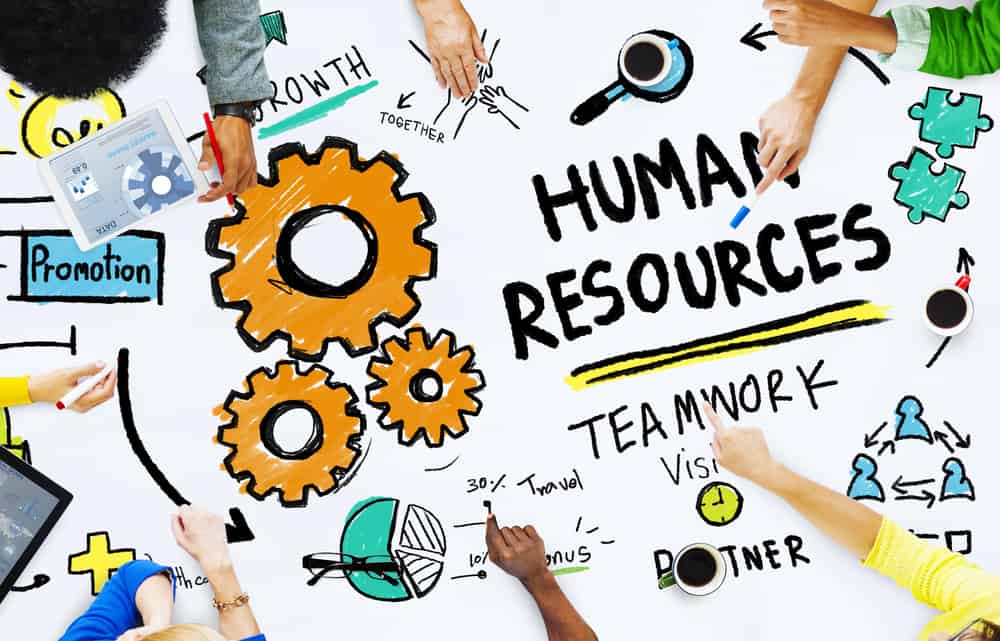

What Risks Does AI in HR Come with?
From automating repetitive processes to saving employment costs – AI tech can be a great helping hand for HR teams across the globe. But it also comes with countless challenges that companies must consider.
Unlike Humans, AI Doesn’t Understand People Deeply
When it comes to recruiting talent, a recruiter deep dives into everything related to a company including the company culture and its positioning in the market. Unfortunately, AI lacks the human touch and intuition to spot the employees who are fit for the job. AI also lacks the arsenal to dive into a candidate’s past experience which could form a valuable factor to determine their qualification.
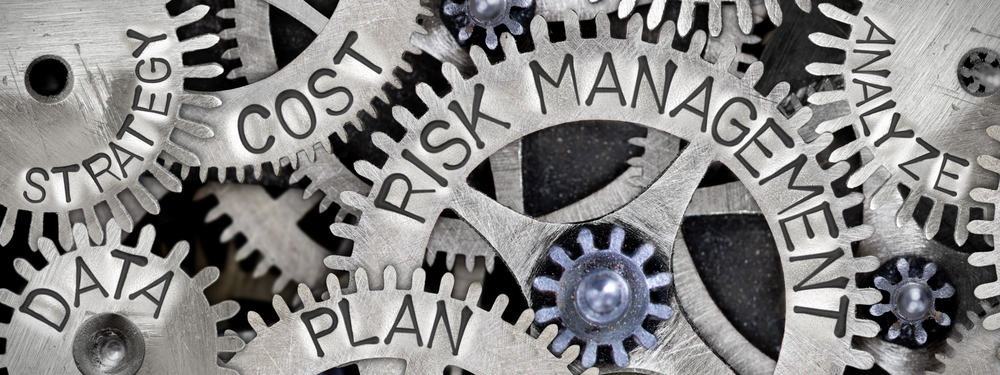
For instance, if an employee has previously worked in a fast-growing company, a recruiter for a startup would understand why they might be a great fit for a rapidly growing company. AI, on the other hand, may fail to notice this factor.

AI Might Filter Out Candidates Who are the Best Fit for the Job
When AI tech is used to screen candidates, it may overlook some of the worthiest candidates for the job due to a lack of human touch. Similarly, AI tech might end up selecting candidates who meet the criteria laid out by the company but still aren’t the best fit for the position.
AI in HR Carries the Burden of Privacy Concerns
Privacy concerns are one of the reasons several companies refuse to use AI in human resources. In a survey conducted by Oracle, 31% of respondents revealed they prefer interacting with a human instead of a machine at the workplace.
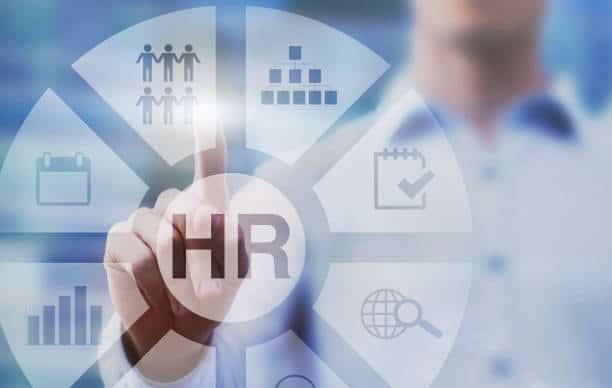
AI technology extracts sensitive data to craft informative insights about hiring prospective employees. From an ethical vantage point, such a step requires companies to respect an applicant’s personal information and take the necessary permissions before allowing AI technology to gather their personal data. In addition, this step can lead companies toward data breaches that can in turn prove disastrous for companies.
“Reading” People Isn’t Exactly the Suit of AI
Although AI technology is extremely powerful, it still lacks the skill to “read” an applicant or an employee in person. Sure, AI tech might be beneficial for resume screening if monitored closely. But it cannot compete with the HR team’s in-person responsibilities just yet.
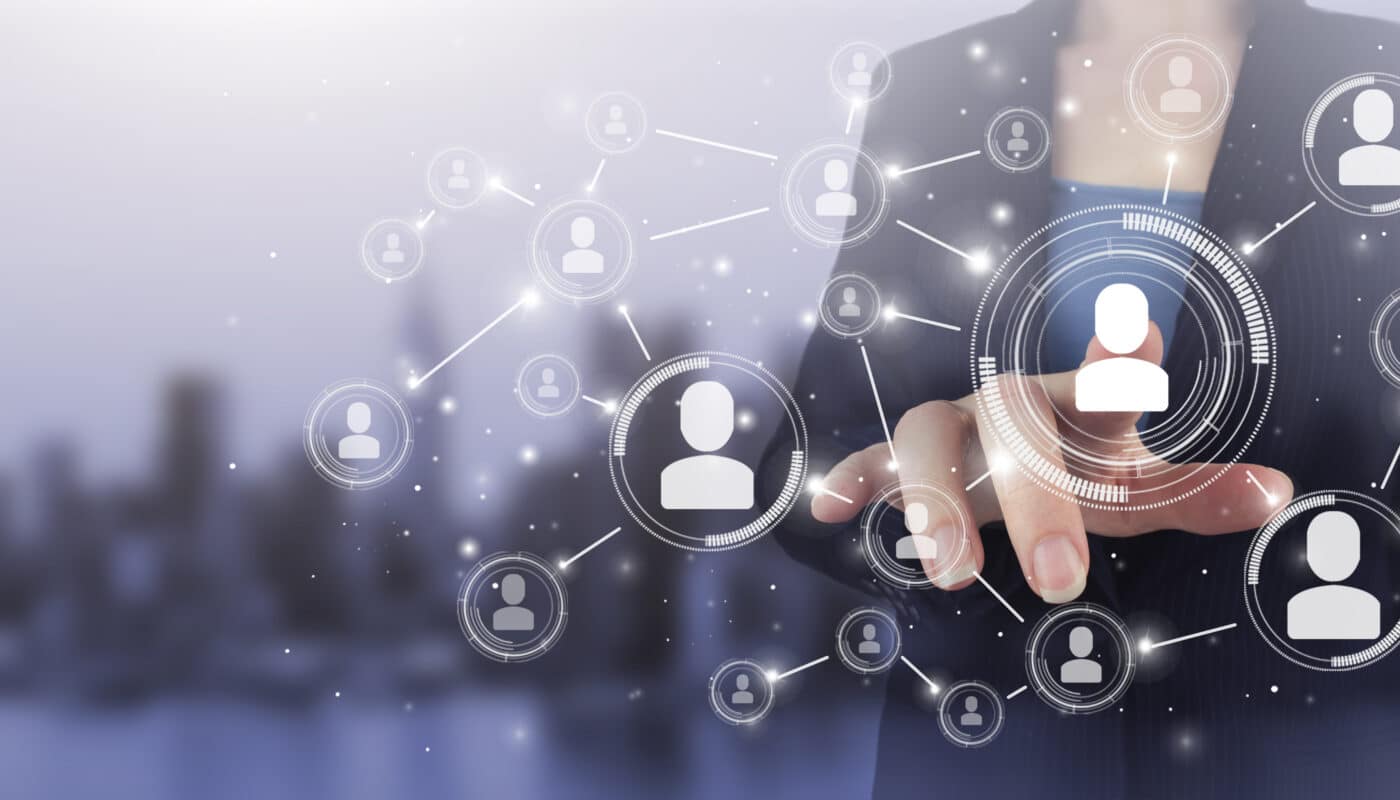
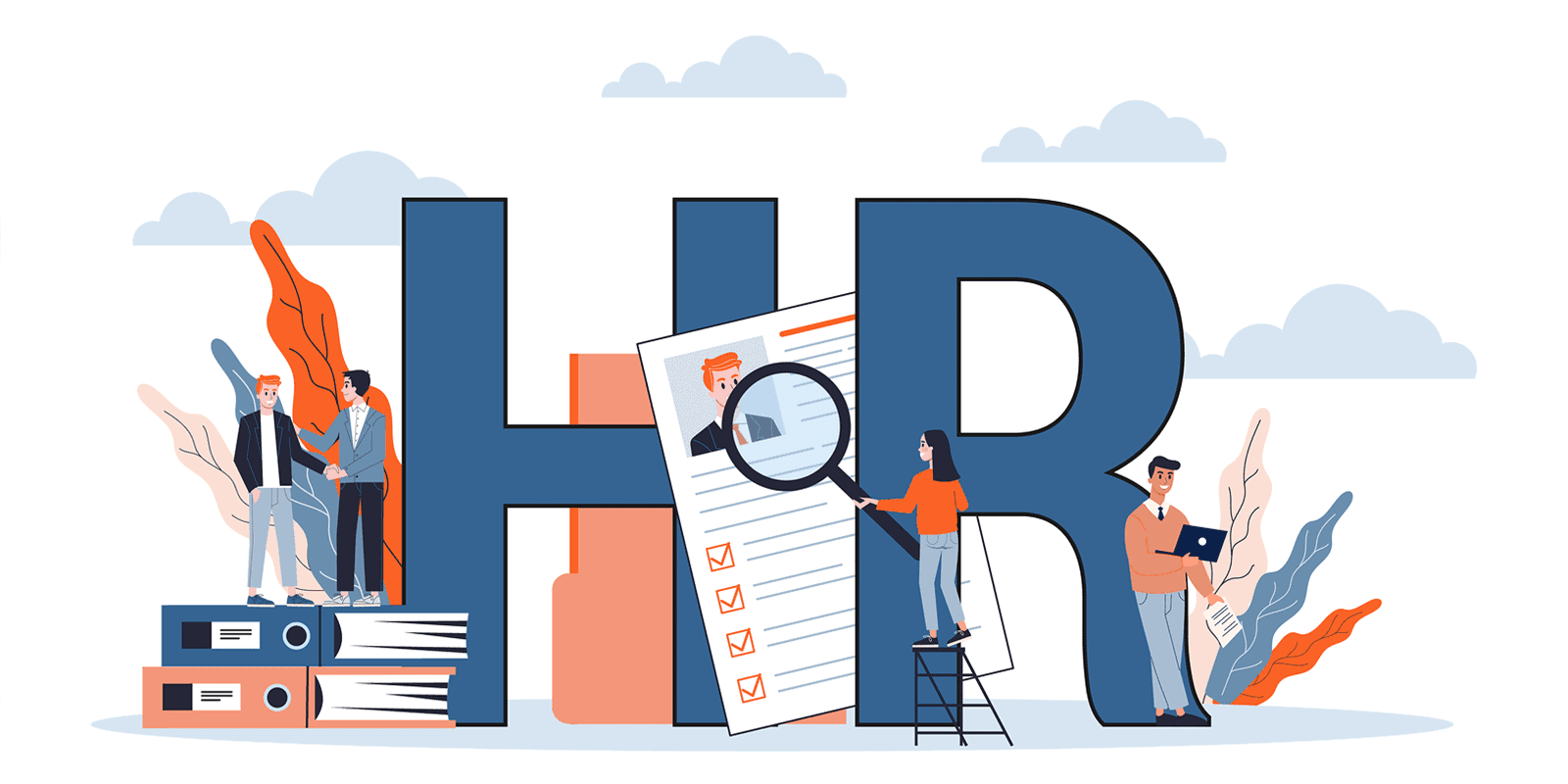
AI Lacks Ethical Responsibility
Ethical responsibility is one of the most important building blocks of a strong HR team, especially when it comes to issues like workplace misconduct and other sensitive situations. There is a high possibility of AI becoming biased as well. After all, the technology constantly teaches itself from the algorithms it deploys.
For instance, if the AI technology is programmed by a human, it automatically takes on their biases. When AI technology becomes biased, the organization’s hiring process also becomes biased. This, in turn, can brew several ethical challenges that AI cannot be held accountable for.
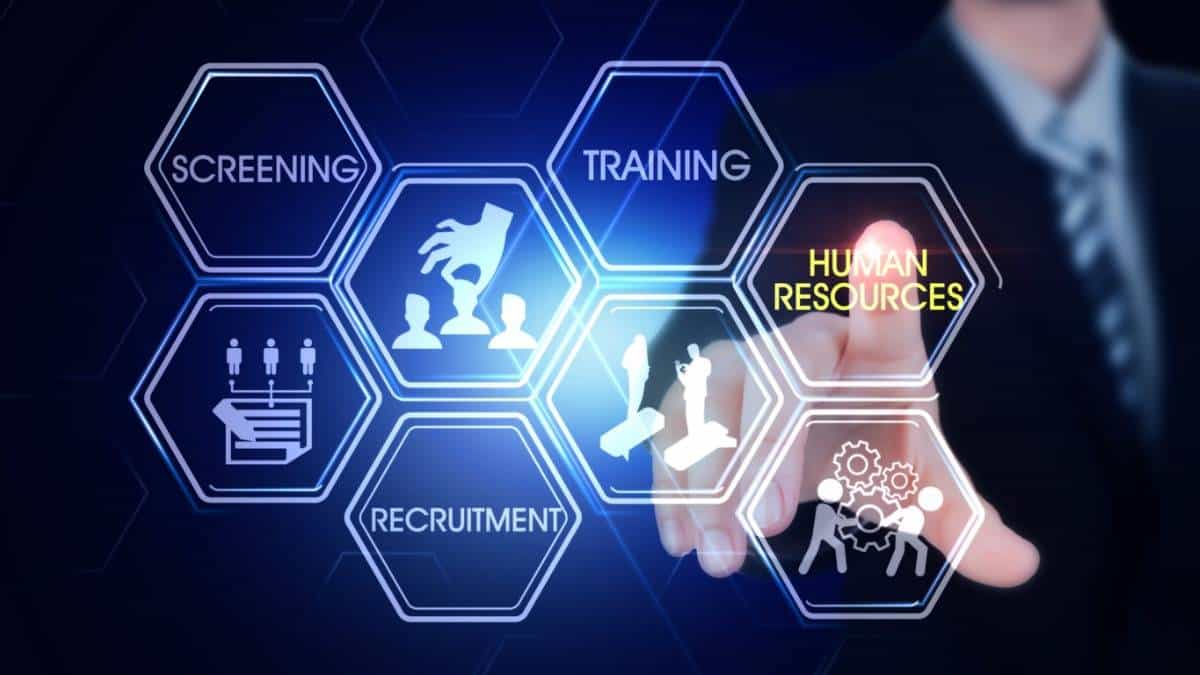
Final Words
Sure, it’s important for companies to gauge a candidate’s qualifications by measuring their hard skills and AI does a perfect job in this regard.
But what about measuring a candidate’s psychological and emotional elements? What about understanding a candidate’s personality? How can their emotions reflect on their team members? Artificial intelligence lacks the ability to monitor the “human side” of applicants. It cannot determine how different personalities can work together.
The inability to dissect complex human emotions can often lead to faulty hiring processes and brew multiple ethical dilemmas down the line. For this reason, it is important to closely monitor the AI-driven processes that require a human touch.
*It should be noted that the mention of “AI” through this article is a reference to “machine learning” which is a subset of artificial intelligence. There are no “true” AI systems which exist yet according to the precise definition of what constitutes AI.


